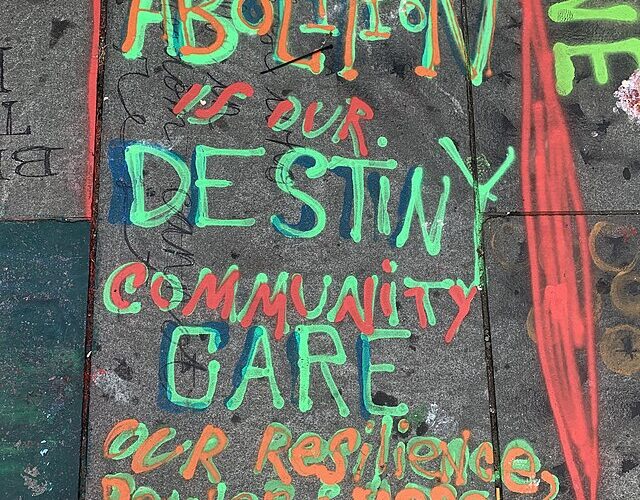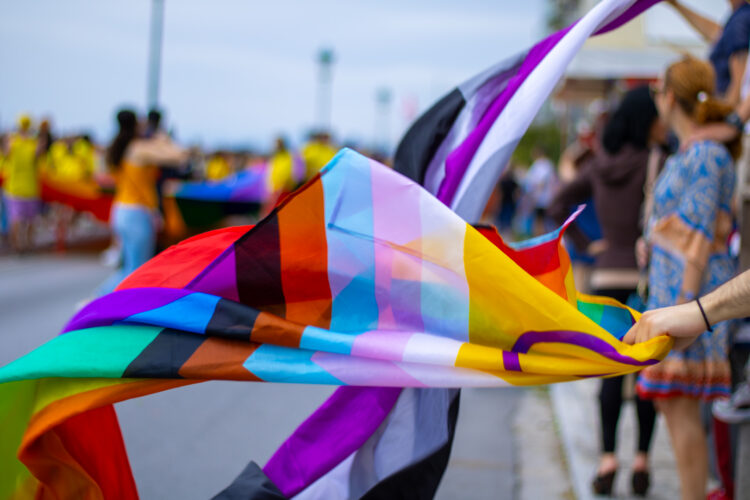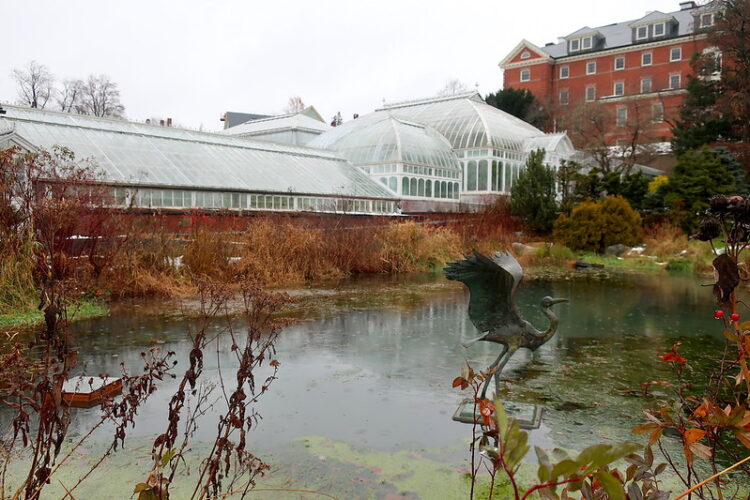“I had a car when I was 14 that I wasn’t supposed to have. This was a Honda Accord hatchback. It was missing a driver’s side window, which I put plastic up for. But one of the first things we did was we went and got house stereo speakers. And we found our way […]
In their compelling analysis of Claudia Rankine’s book-length poem Citizen, Moby Yang transforms the literary element of second-person address into a tool for reconstructing the identity of the reader. Examining the distance between white reader and Black subject, they argue that by placing “you” in the uncomfortable and disorienting experiences of Blackness, Rankine forces readers […]
Drawing on the work of Angela Davis, Mariame Kaba, and Löic Wacquant, Reagan Cobb artfully calls into question the pervasive capitalist invention: the prison industrial complex. Starting with a comprehensive history of the foundations of the PIC, Cobb continues to bare the foundationally exploitative nature of this American system, revealing the incentives of even public […]
Investigating an age-old question—can we separate the art from the artist?—through the lens of Lovecraftian horror, Aren Morrissey crafts a compelling story of how queer people have been able to engage with the genre in ways that embrace diversity, rather than reinforcing its history of prejudice. Delving into the work of the queer podcast Hello […]
In this powerful essay, Rheva Wolf critically exposes the ways by which botanic gardens perpetuate legacies of colonialism, extraction, and erasure. They then propose the path botanic gardens should take to decolonize, for instance by involving Indigenous populations in the cultivation of plants. Ultimately, Wolf urges botanic gardens to be agents of positive social change […]
In this essay, Catherine Nichols raises the question, was Paul the Apostle a radical advocate for gender equality or a defender of a binary hierarchy? By rigorously examining 1 Corinthians 11:3-12, Nichols lays out Paul’s ambiguous—and often contradictory—ideas about the position of women relative to men and God. Focusing on Paul’s specific verbiage and incorporating […]






Recent Comments